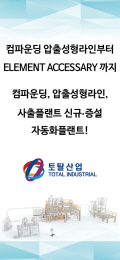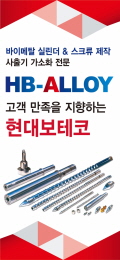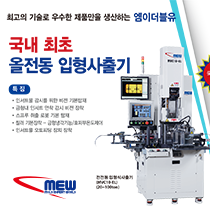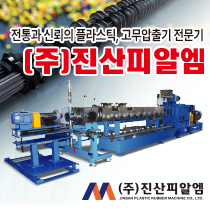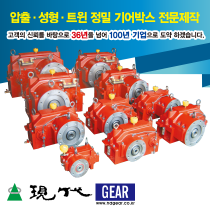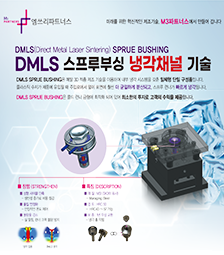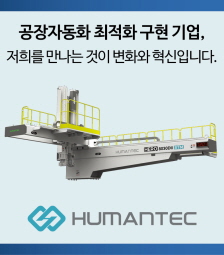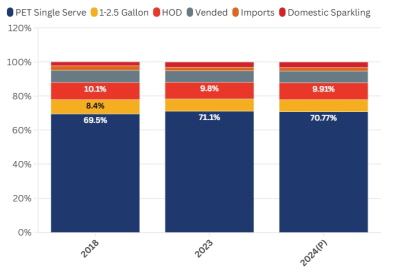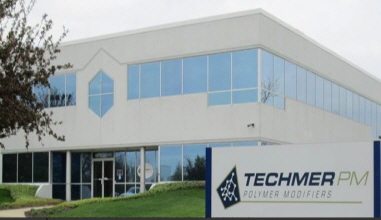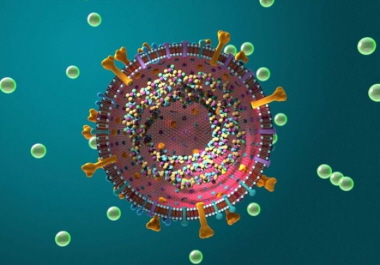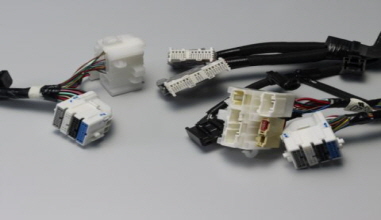Chemical reports
As coronavirus hits auto supply chain, question looms: Who pays for pricey freight?
-As coronavirus hits auto supply chain, question looms: Who pays for pricey freight?

Adient
Automotive suppliers and automakers are gaming out how to ensure parts shipments depart China and make it to the U.S. West Coast and in plants throughout North America without even costlier disruptions.
Companies with a large presence in China, where the outbreak began in early January, are now beginning to make predictions on the virus' impact. Plymouth-based Adient plc is projecting at least a $60 million hit to its income in 2020 from the virus; Troy-based Aptiv said the outbreak will drop income by as much as $80 million; and Van Buren Township-based Visteon Corp. said revenue in the first quarter alone with be impacted by $60 million.
Moline, Illinois-based Deere & Co., the maker of John Deere agricultural equipment, told investors on Feb. 21 that it anticipated spending $40 million on expedited air freight on exporting out of China in the first quarter of 2020.
Air freight prices for moving product out of China have increased from roughly $3.65 per kilogram ($1.65 per pound) to $6.65 per kilogram ($3 per pound) in the last month, American Shipper reported on Feb. 25.
Executives from New York-based freight company Atlas Air told investors last week during its fourth quarter earnings call that it's in discussion with customers to secure future freight as capacity is already running out, American Shipper reported.
In the auto sector battles are brewing over who is responsible for paying the shipping costs, said Daniel Sharkey, partner at Birmingham-based law firm Brooks Wilkins Sharkey & Turco PLLC, specializing in automotive contract law.
"The arguments I'm having today are who is responsible for filling any gaps in the parts supply pipeline," Sharkey said. "Some of the (automakers) are saying they will pay for expedited air freight, no problem. Others are are saying the supplier has to do everything its power to get those parts out of country and pay for it."
Sharkey said FCA Automobiles is taking a hard-line stance in attempts to force suppliers to pay for expedited freight.
"FCA continues to monitor its global supply chain in relation to the coronavirus outbreak and is working with our supplier partners to ensure the safety of all personnel and to facilitate on-time deliveries," Michael Palese, FCA's communications manager said in an emailed statement to Crain's. "We do not comment on supplier contracts."
Suppliers are seeking to exercise the force majeure clause in their contracts with automakers to shift costs, said Tom Manganello, partner at law firm Warner Norcross & Judd LLP in Southfield.
The clause excuses companies from fulfilling contractual supply obligations and penalties from an "act of god" beyond their control. Force majeure have been previously used in several major catastrophic events, such as the 2011 earthquake and tsunami in Japan.
"Shipping is going to be expedited and there will be disputes on shipping terms," Manganello said. "This all really just puts a magnifying glass on the interdependence of the supply chain. The irony, of course, is the (auto makers) started this big push for the supply chain to go to China and now they want them to pay for (the shipping during this problem) too."
BorgWarner Inc. and Lear Corp. declined to comment on contracts with customers.
The China Council for the Promotion of International Trade, which controls the issuance of force majeure in China opposed to contracts in the U.S., had issued 1,615 force majeure certificates as of Feb. 17 for companies in more than 30 sectors, totaling a total of $15.7 billion in contracts, The China Daily reported.
Coincidentally, the limited trade deal China and the U.S. signed in December also has a force majeure clause that allows China to forgo its obligation to purchase $200 billion of U.S. goods and services over the next two years.
U.S. stocks plummeted Tuesday after the U.S. Centers for Disease Control warned Americans to prepare for a Covid-19 outbreak. Shares of General Motors Co. and Ford Motor Co. were both down nearly 4 percent in Tuesday afternoon trading.
Aptiv was down 3 percent, Visteon down nearly 5 percent, BorgWarner down 3 percent and Lear down 1 percent.
The virus has infected more than 80,000 as of Feb. 25, mostly in China, and claimed the lives of more than 2,700. However, it's spreading outside of China quickly. There are now 52 cases in the U.S. with no reported deaths.

